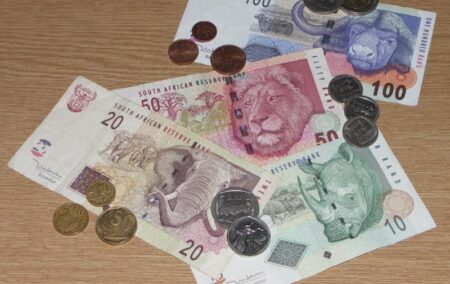South Africa’s fiscal malaise can only be resolved if its policy direction changes. This is the view of the Institute of Race Relations (IRR), in the run-up to the Budget Speech.
South Africa is rapidly running out of money. The consolidated fiscal deficit for 2020 stood at some 15.7% of GDP, which is the largest on record. Even a projected ‘recovery’ would shift the deficit to 9.2% (according to the 2020 Mid-Year Budget). This would still place South Africa in a position that mirrors the position throughout the Second World War or the early 1990s when the country was close to bankruptcy.
To address this, South Africa desperately needs growth. The country cannot separate any possible fiscal recovery from the policy environment that will either promote or hinder the investment needed to drive this growth.
The Budget Speech coincides with a drive by the ruling party and the government to pursue a policy of expropriation without compensation (EWC). The mere pursuit of the policy over the past three years has taken a toll on the economy. GDP growth in 2018 and 2019 was 0.8% and 0.2% respectively – this being before the pandemic struck.
The Expropriation Bill and the amendment of Section 25 of the Constitution place an enormous amount of discretionary power in the hands of a state that has all too often shown itself corrupt and dysfunctional.
There is very little that dissuades investors more than a threat to the security of their assets. IRR analysts warn that to push ahead with the EWC agenda at the best of times would be a damaging and reckless course and to do so under the current circumstances places the future of the country in jeopardy.

